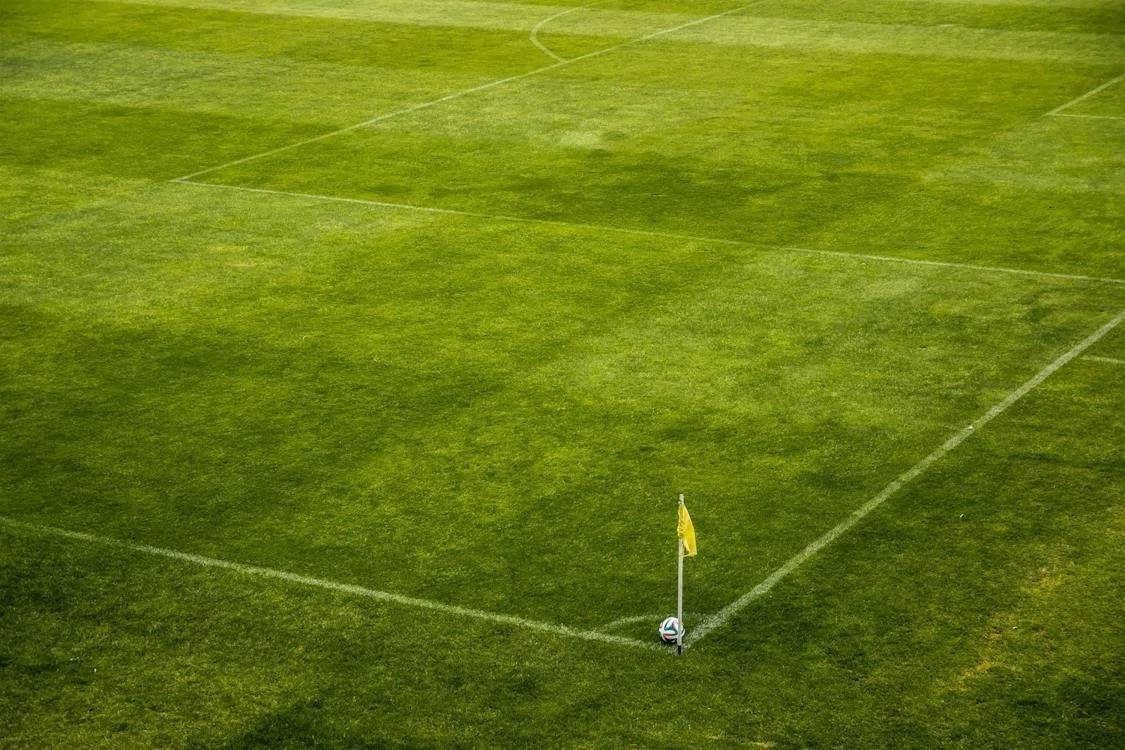The FIGC and the violation of Article 102 TFEU: the recent decision of the AGCM
With the decision of 1 July 2024, the AGCM (Italian Competition and Market Authority) imposed a fine of more than EUR 4 million on the Italian Football Federation (FIGC) for violating Article 102 of the Treaty on the Functioning of the European Union, which prohibits the abusive exploitation of a dominant position.
This decision comes at the end of a proceeding initiated by the Guarantor following a report by the Sports Promotion Body (‘EPS’) ‘Centro Nazionale Sportivo Libertas’, according to which the FIGC had, since 2015, been engaged in conduct that distorted competition. Specifically, this involved preventing clubs affiliated with it from participating in recreational youth football competitions organised by sports promotion bodies., The FIGC, which enjoys a dominant position with regard to the organisation of competitive football competitions, allegedly engaged in this conduct in order to extend its position to include amateur tournaments.
At the national level, the FIGC, in addition to having wide powers to organise and manage professional and amateur football championships, also promotes the sporting activities of young athletes from 5 to 17 years of age through the Scholastic Youth Sector: according to the federal regulations, the activities carried out by youngsters between 5 and 12 years of age are to be considered amateur, whereas the activities carried out athletes between 12 and 17 years of age are to be considered competitive.
The sports regulations, however, also allow other organisations, such as EPS, non-profit associations recognised by CONI, the opportunity to promote and organise sports activities for recreational purposes in the football sector.
The relationship between the Federation and the Sports Promotion Bodies is regulated by the 2014 CONI EPS Regulations, which came into force on 1 January 2015, making a distinction between amateur and competitive activities, obligating the Bodies to comply with the FIGC regulations only with regard to the latter activity.
Over the years, the rules established by the FIGC for the participation of its own members and affiliates in the activities organised by the EPSs have changed. Lastly, it was stipulated that, in order to allow participation in events organised by an EPS, it was necessary for a special agreement to be signed between the latter and the FIGC, in addition to obtaining prior authorisation from the FIGC Offices.
For this reason, in 2019 the CONI had drawn up a model Convention although the FIGC did not consider suitable, and subsequently resulted in overly burdensome additions, such that they were not accepted by the EPSs.
The AGCM considered that the conduct of the Federation, since 2015, was in breach of European law and, specifically, of Article 102 TFEU.
Firstly, with regard to the scope of the application of Article 102 TFEU, it ruled that the anti-competitive legislation is applicable to the Federation, which, although it carries out regulatory activities in the football sector in Italy, certainly qualifies as an undertaking since it organises and manages economic activities related to the organisation of profit-generating sports events.
The documents in the file show the FIGC's intention to limit as much as possible the participation of sports associations in the events organised by the Sports Promotion Bodies, in order to create a monopoly of the Federation in the amateur sector, an activity where the EPS operate in competition with the FIGC.
With regard to the competitive sector, the abusive strategy was initially carried out through the FIGC's failure to enter into the agreements required by the 2014 Coni EPS Regulations for the performance of competitive activities. As a consequence of FIGC’S behaviour, the Sports Promotion Bodies were unable to have access to the market for the organisation of competitive events, resulting in a monopoly of the Federation.
As far as the amateur sector is concerned, the FIGC used its regulatory power to, illegitimately, consider as competitive the amateur activities carried out by the Sports Promotion Bodies with athletes between 12 and 17 years of age, based solely on the age factor. Moreover, even for the participation of athletes up to 12 years of age in EPS organisations, it has imposed the presence of a convention, as well as a pre-authorisation of the event. These requirements limited the freedom of Amateur Sports Associations affiliated to the FIGC and their athletes with dual membership to participate in tournaments organised by EPSs. In this way, with a view to expanding the monopoly also to this type of sector, the ability of the Sports Promotion Bodies to exert sufficient competitive pressure on the Federation was reduced, hindering competition in the market for the organisation of amateur events.

